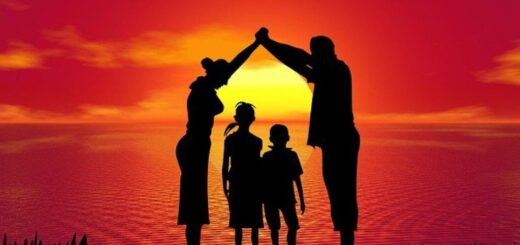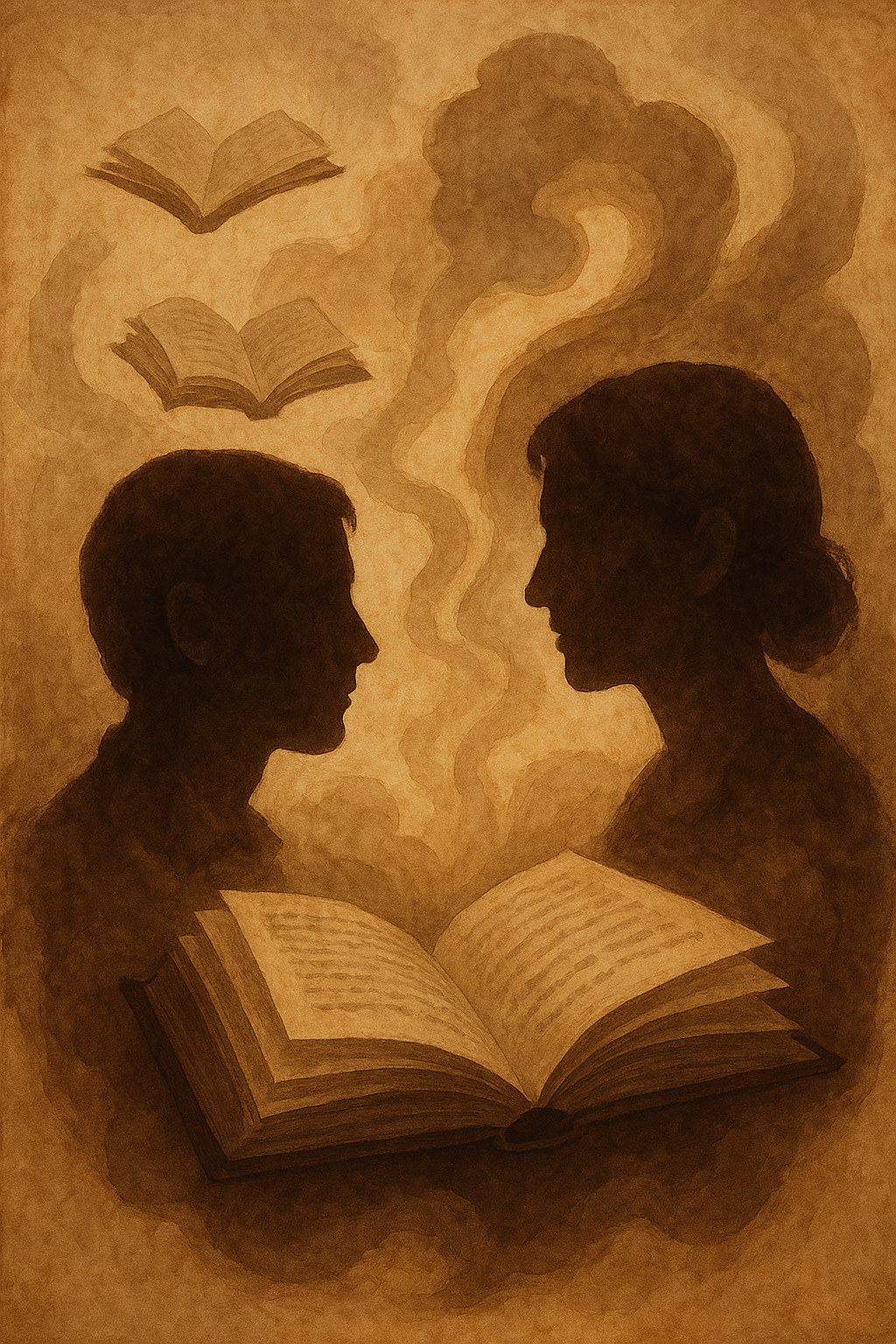Acquiring knowledge – a journey into the unknown
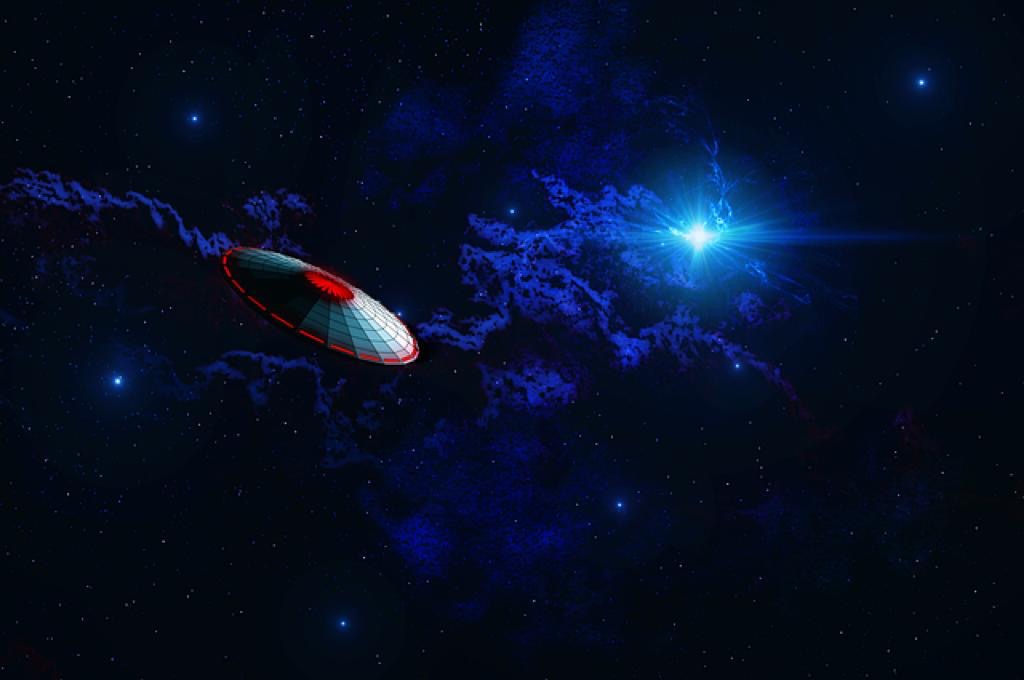
Acquiring knowledge is a never-ending mission and a journey into the unknown.
Mentioning the word unknown in the recent time brings us to a news briefing that made the known and unknown well-known.
A glimpse into Rumsfeld’s news briefing
The world listened with a mixed feeling of wonderment and ridicule to the statement from the then US Secretary of Defence Donald Rumsfeld, at the department news briefing back in 2012. The major appeal of his speech was the tongue-twisting phrases of expressions which later gained popularity as prudent messages.
A bit of background
The explanation, by the then Secretary of Defence, was about the lack of connecting evidence on Iraq, in its alleged role in supplying weapons of mass destruction to terrorist organisations.
Pearls of wisdom, a tongue twister tale
Part of Rumsfeld’s political observation that became a sensation, and propagated by the media around the world is,
Reports that say that something hasn’t happened are always interesting to me because as we know, there are KNOWN KNOWNS; there are things we know we know.
We also know there are KNOWN UNKNOWNS; that is to say, we know there are some things we do not know.
But there are also UNKNOWN UNKNOWNS – the ones we don’t know we don’t know. And if one looks throughout the history of our country and other free countries, it is the latter category that tends to be the difficult ones.
Borrowed concept
Rumsfeld’s observations and the phrases that captured the attention of the public is a borrowed concept from the Johari window, a technique developed by American psychologist Joseph Luft and Harrington Ingham in 1955. Johari window is a useful and straightforward tool for self-awareness, personal and interpersonal development, group dynamics and team development.
Look through the window for self awareness
This is the basic representation of the Johari window, you would find multiple modified versions of this, created specifically for organisational setting for employees’ awareness.
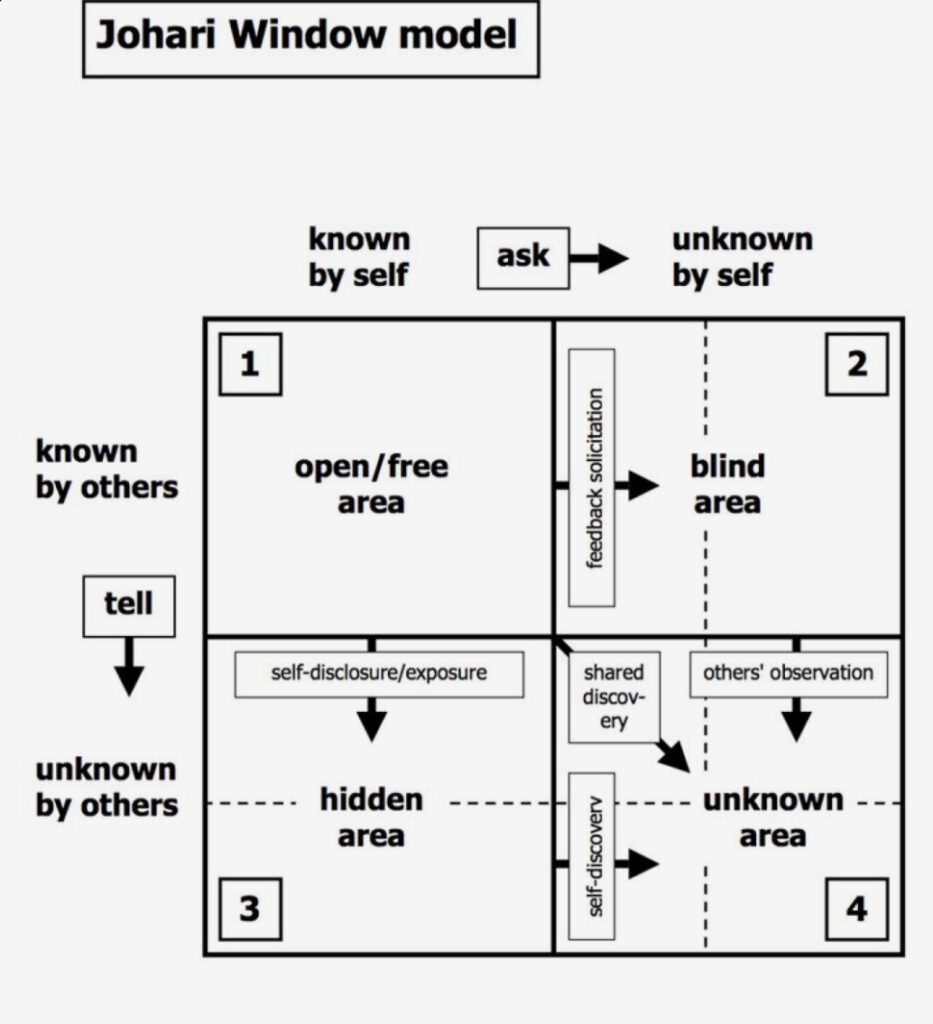
It is a four-square window, with a top left, top right, bottom left and bottom right squares. This concept is also known as Johari house with four rooms, where people keep on moving back and forth.
Top left square of Johari window
This area represents what is known to you and known by others. Virtually what’s known by the person about themselves as well as known to others. It’s an open area or open arena.
Beyond the personal sphere, the open arena also includes the elements one can comprehend and are aware of its existence.
Group assignments
Develop more open areas while working within a group for effective communication and cooperation for better productivity.
Top right of the window
This area represents what is Unknown to self, known by others.
That’s your Blindspot, also recognised as one’s ignorance about themselves. By seeking and analyzing feedback from others, one can increase self-awareness about themselves. Often feedback could be a rude awakening to many, that needs to be sensitively addressed.
Bottom left of Johari
Known by self, unknown to others
Somethings that you don’t want to disclose to others, hidden areas, or hidden self or a facade.
It’s normal to keep personal information hidden from others which is an acceptable choice up to an extent. Sensitiveness, fear, hidden agendas, or manipulation could be some of the justifications for denying the information.
In a group more open areas preferred
In work-related strategies or while working in groups, it’s advisable for the team members to move from the hidden areas to the open arena by interacting with each other so as to curtail withholding of essential information.
Bottom right of Johari window
The notable unknown area, unknown to self unknown to others.This is the primary area of learning, learning about the unknown.
Learn more
What you learn, could be anything, from learning about one’s unexplored natural talents to about the biases one unknowingly harbour.
It could also be about learning new things that no one is aware of. These include areas of scientific research and hypothesis as well as inventing and exploring probabilities that may not have crossed any one’s vision.
Risk analysis
Another vital learning in the unknown area is assessing the risk involved in high-risk jobs with inherent uncertainties as in war, military, mining, etc.
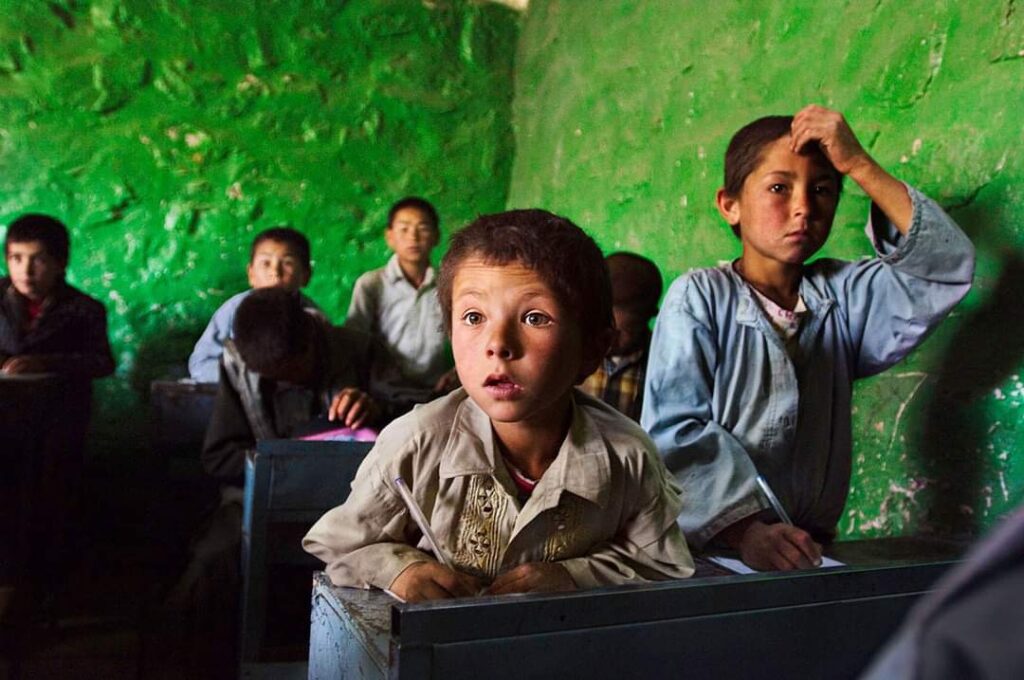
Unknown unknown, area of infinite possibilities
New elements get added to the periodic table, new planets in the solar system, the hidden potentials of the unknown unknowns in the universe are tremendous.
Add on to the existing puzzle
Few intellectuals have provided their insights into the prevailing word puzzle to complete the missing piece, which in reality are some excellent thoughts to contemplate.
*As per philosopher Slavoj, Rumsfeld missed a fourth component, the unknown known;“the things we know, but stays hidden as unconscious biases and prejudices. He says, we all know climate change is happening, but we pretend not to know about it and fail to take any actions in our daily lives.
*Sociologists Kessler and Dasse pointed out that Rumsfeld left out, “what we do not like to know.
Before the popularity
Long before Rumsfeld made the concept of Johari window public, this framework was widely applied by intelligence personnel in analyst strategies as well inside NASA for risk analysis in a space mission.
Socrates paradox
After all this head-spinning journey into the world of known and unknown, we can either aspire for more learning or for now settle for the Socrates paradox that, I know that I know nothing and take a coffee break.

